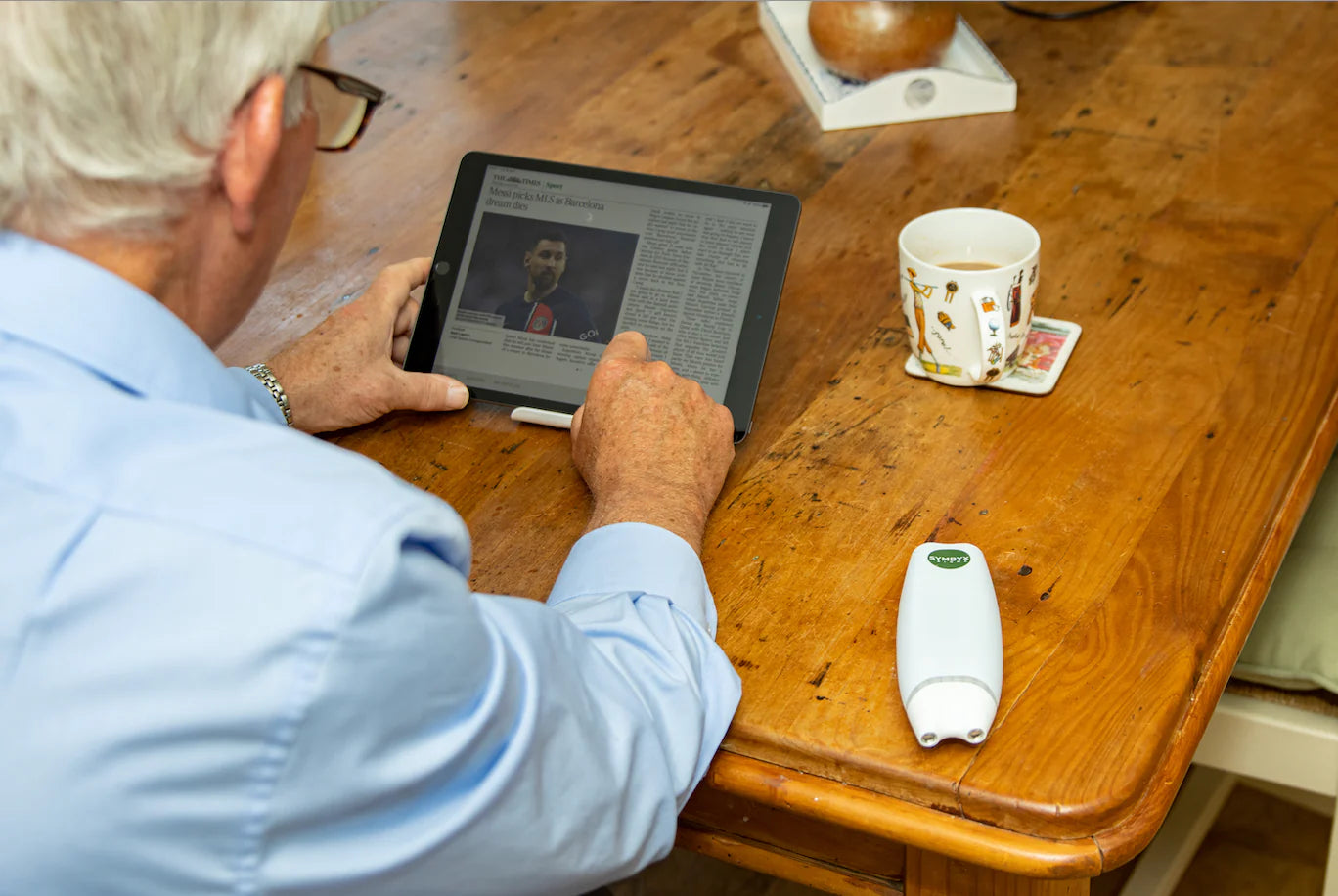"There is clearly a placebo effect from using light therapy on some patients, but not on all," said Dr. Herkes. "Furthermore, one would expect the positive effect of using a sham helmet to diminish over time. We look forward to reporting on more data from this trial in the coming months. If you consider the sub-category results, however, then the positive benefits of active helmet light therapy become clearer."
Parkinson’s is an incurable, progressive neurological disorder, that results from dopamine deficiency, impairing movement and causing symptoms like muscle rigidity, tremor, and walking difficulty, alongside depression and anxiety. With 12 million diagnosed globally (excluding India and China), actual cases, including undiagnosed early signs, are likely 3-4 times higher, making it the fastest-growing neurodegenerative disorder worldwide.
Light therapy (often referred to as Photobiomodulation), works in several ways to reduce Parkinson’s symptoms:
Enhance cell mitochondria for better energy; helps with Parkinson’s fatigue
Boost gut neurotransmitter production; improves cognition and motor skills in Parkinson's.
Alleviate muscle-related pain by modulating nerve ion channels.
Reduce inflammation with anti-inflammatory biomarkers.
People living with Parkinson’s who have used light therapy on their gut and/or transcranially, have returned to activities they previously enjoyed such as playing the piano, shopping, carrying groceries and also gardening more easily. Some have also had improvements in their sense of smell, digestion, sleep and energy levels.
“This San trial of the new SYMBYX Neuro light therapy helmet is critical research in Parkinson’s. PD has historically been an intractable, neurodegenerative condition that typically declines with no improvements possible, whereas the SYMBYX Neuro users showed improvement across all measures,” Dr Markman said.
An abstract on the trial has been accepted by the American Academy of Neurology (ANN), and Dr Herkes will present it in person in Boston at the AAN’s annual meeting from 22-27 April.
Interviews
Dr Markman, SYMBYX CEO, and Dr Geoffrey Herkes are available for interview. For media inquiries, please contact our team at info@symbyxbiome.com





